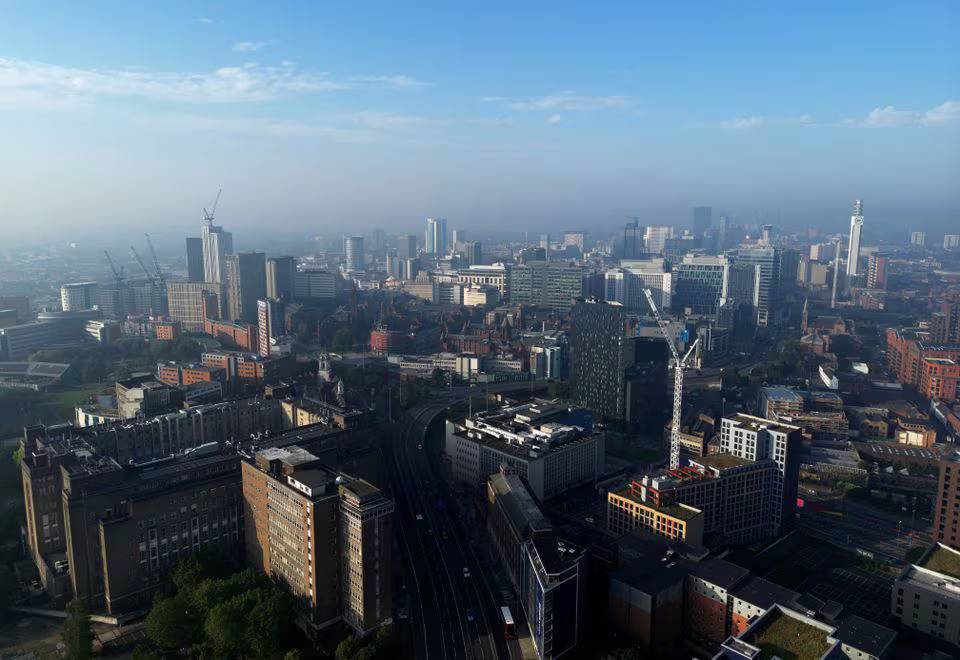Budget crisis forces UK’s Birmingham to approve service cuts, tax hikes

LONDON—Councilors in the UK’s second-largest city Birmingham on Tuesday approved tax hikes and deep cuts to public services, including arts funding and rubbish collection, as the city fights to avoid bankruptcy.The city council, which needs to save £300 million ($380 million) over two years to survive, voted to increase local services tax by 9.99 percent compared to last year.
It also cut funding for libraries, cultural projects and parks.
Birmingham is the latest UK council to struggle with its finances, amid spiraling costs for services such as adult social care, alongside decades-high inflation over the last two years and reductions in revenues.
Many councils also blame years of underfunding by the Conservative government in Westminster, which in turn has blamed mismanagement in authorities run by the Labour opposition.
The country’s 190 largest local authorities—typically responsible for services ranging from garbage collections to street lighting—have collective budget deficits of £5.2 billion ($6.6 billion), according to BBC research last year.
Birmingham City Council revealed in November that it could not balance its books.
Deficits
It blamed “long-standing issues,” including the roll-out of a new computer system, for an £87 million hole in its £3.2 billion annual budget.
That triggered a block on all but essential services spending while it looked at how to make cuts of around £300 million to survive.
Proposed cost-savings included making garbage collection fortnightly from 2025 instead of weekly, selling 11 community centers and scrapping all arts funding.
The government has also granted the council permission to increase the main local services tax by 10 percent this year and again next year.
Both sets of measures were approved by councilors at Tuesday’s meeting.
It came the day after local counterparts in Nottingham, in England’s East Midlands, approved cuts to council jobs and services to try to plug a £53 million budget gap.
Croydon Council in south London declared itself effectively insolvent in 2022 because of a £130 million black hole in its budget.
At risk
Thurrock Council in Essex, east of London, and Woking Borough Council, southwest of the capital, followed suit in the following months.
The Local Government Information Unit (LGIU), a not-for-profit group, revealed in an annual report last week that one in 10 councils say they are likely to declare themselves at risk of bankruptcy in the next year.
That figure rose to around half over the next five years, according to responses from 128 councils across England.
“This report, for the first time, demonstrates how widespread councils’ desperate funding situation is,” LGIU chief executive Jonathan Carr-West wrote in the report.
“That there is a structural funding issue is now impossible to deny,” he added, urging reform of how local authorities are funded. —AFP
AFP is one of the world's three major news agencies, and the only European one. Its mission is to provide rapid, comprehensive, impartial and verified coverage of the news and issues that shape our daily lives.

















